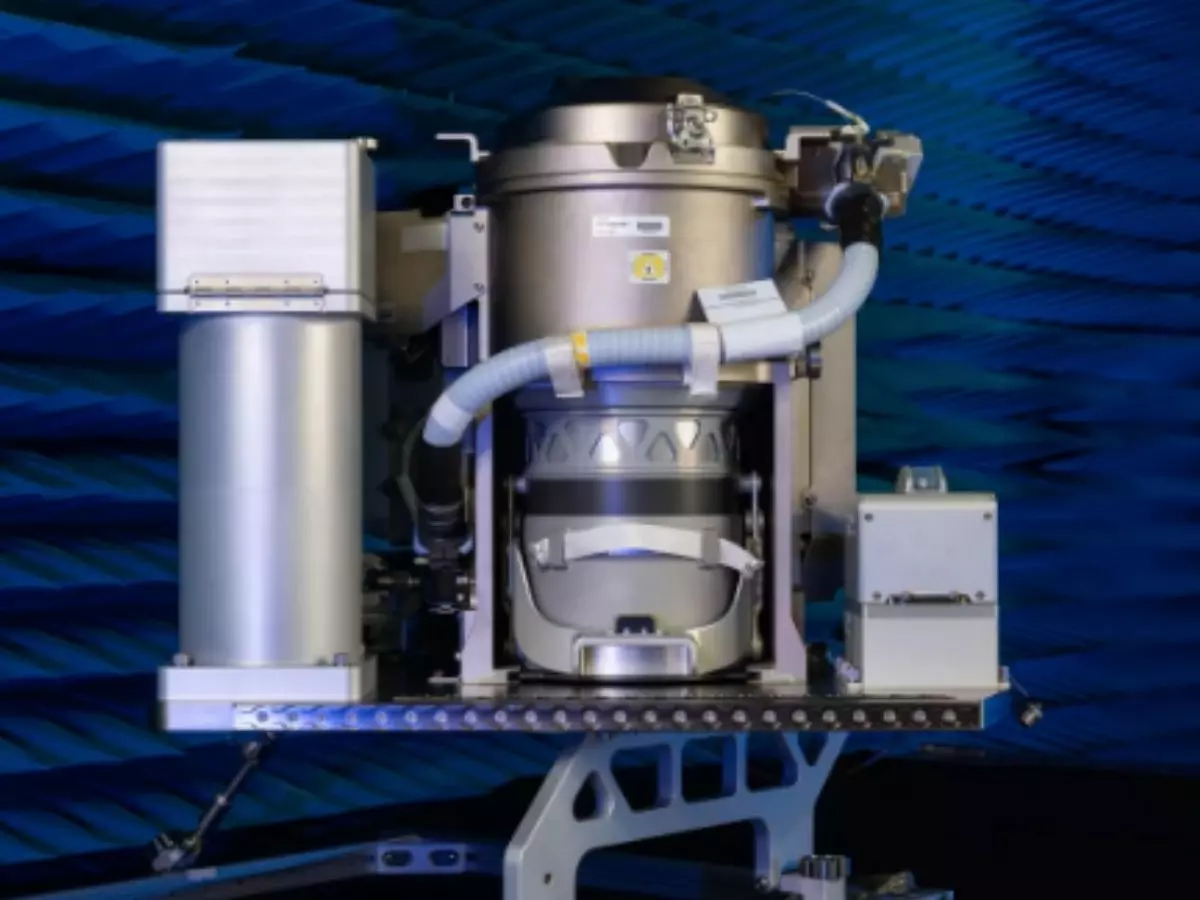NASA Sends World¡¯s Costliest Toilet Worth $23 Million To Space: Here¡¯s Why
The toilet is heading to the ISS for a test run and will actually be a part of the NASA Orion Capsules on the Artemis II mission that would send astronauts for a 10-day mission to the moon.

Yesterday when most of us were busy spending a lazy Sunday, NASA blasted off supplies cargo to the International Space Station aboard Northrop Grumman¡¯s rocket -- its 14th contract resupply mission.
 NASA
NASA
While the cargo consisted of a bunch of things like food supplies, VR camera, a bunch of science experiments, it also consisted of a newly designed toilet for astronauts -- the UWMS (Universal Waste Management System) that is a massive upgrade over the current toilets in space. Here¡¯s all that is new.
Designed for NASA Orion Capsules
The toilet is heading to the ISS for a test run and will actually be a part of the NASA Orion Capsules on the Artemis II mission that would send astronauts for a 10-day mission to the moon.
Designed keeping women astronauts in mind
The new toilet is redesigned keeping women astronauts in mind. It has a newer funnel shape as well as hose to collect urine as well as a smaller seat for ¡®number two¡¯. The new funnel is detachable that allows for easy cleaning and disinfection.
Smaller, lighter, stronger
The design of the toilet is 65 percent smaller and 40 percent lighter than the current Russian ones installed on the ISS. It weighs a total of 45 kilograms and is around 28 inches in size. Sure it looks really tiny and uncomfortable, but it is actually designed to be more comfortable. Also, you need to understand that this loo is in space where there is no gravity, so it is designed to have proper contact with the body and not let anything come out of it.
 NASA
NASA
Better seating comfort
The new toilet seat comes with under toe bars as opposed to a thigh bar seen in the previous versions, to help the astronauts do their ¡®business¡¯ with ease without really floating around uncontrollably.
Still recycles urine into water
The newer space toilet still recycles urine into drinkable water that is consumed by everyone on the space station, just like the previous versions. As of now, ISS is able to recycle 90 percent of the water that¡¯s collected in the form of urine, sweat and other sources. However, NASA intends to push this to 98 percent for making the loo capable for longer duration Mars missions.
